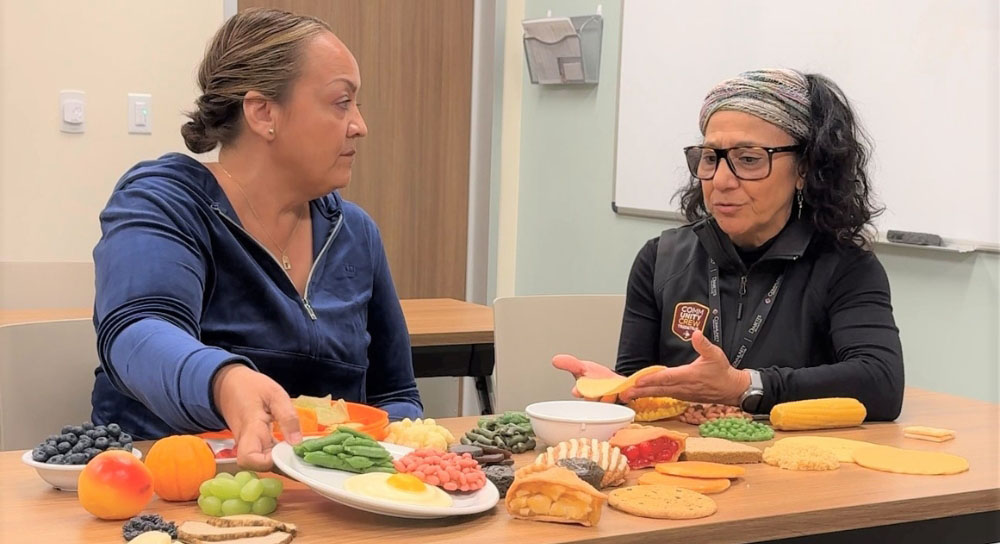Depression is the most common mental disorder in the United States. In 2016, 16.2 million adults in the United States reported having at least one major depressive episode — and that only includes the reported cases.
Although common, depression is a serious mood disorder that needs to be addressed.
According to Dr. Jasmine Singh, “Avoiding discussing these issues is only going to make them worse, but if you talk about them and you see your doctor and your find out what’s best for you, you can live your life so much better. And who doesn’t want to live their life better?”
The most important step is to identify depressive episodes and get treatment.
What are the common risk factors for depression?
Experts believe there are a combination of factors that can increase likelihood of depressive states. These include:
- Chemical changes in the brain
- Genetic or biological predispositions
- Major life changes or traumas
- Death of a loved one
- Serious medical illnesses like diabetes, heart disease, and chronic pain
- Substance abuse
- Medication side effects and sleeping problems
What symptoms of depression should I look out for?
If you or someone you know has shown the following signs and symptoms most of the day, every day for 14 days or longer, you may be suffering from depression.
- Agitation, restlessness, irritability and anger
- Becoming withdrawn or isolated
- Fatigue and lack of energy
- Feeling hopeless, helpless, worthless, guilty and self-hatred
- Loss of interest or pleasure in activities that were once enjoyable
- Sudden change in appetite, often with weight gain or loss
- Thoughts of death or suicide
- Trouble concentrating
- Insomnia or sleeping too much
If you think you may be battling depression, it’s important you speak to your physician.
Learn more: Watch Dr. Jasmine Singh discuss managing anxiety and depression.



.jpg?language=en-US)


